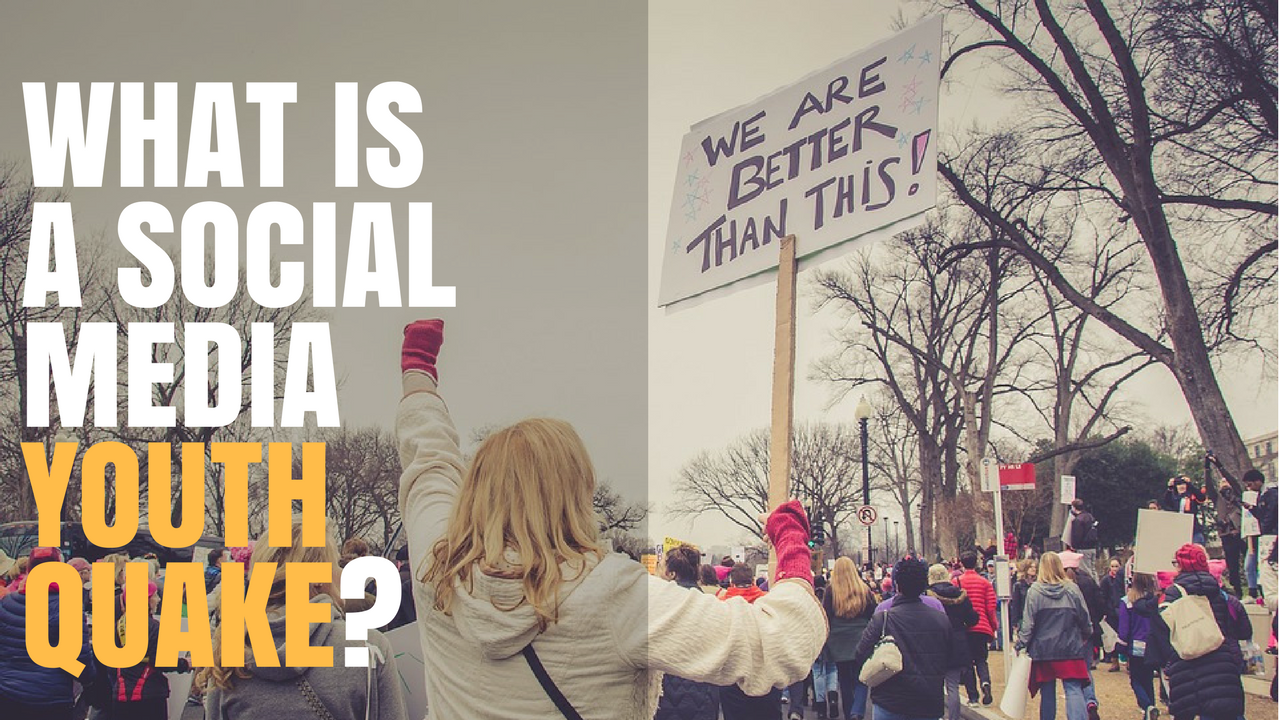The word was apparently coined by Diana Vreeland, then editor-in-chief of Vogue to describe the upsurge of youth culture in London that occurred in the 1960s, especially as reflected in the changing fashion of the period. But we have come to know it more as a result of the landslide of public support through social media for Jeremy Corbyn and The Labour Party in the lead up to this year's election.
It's not the first time that social media has influenced the words we use in daily communication, last year's word of the year was 'Emoji' for example. But it is very interesting to understand the trends and usage of the words online. This year's shortlist also included very social media influenced words, such as 'Kompromat' compromising information collected for use in blackmailing, discrediting, or manipulating someone, typically for political purposes. Where have we seen more dirt dug than anywhere else? People's social media accounts of course. The shortlist also included the social media specific term 'Milkshake Duck' (which I have to admit, I'd never heard before) referring to a person or thing that initially inspires delight on social media but is soon revealed to have a distasteful or repugnant past. We're seeing this more and more at the moment, as people speak out on issues that affect them or have done so in the past, particularly sexual harassment, as we've seen across all media recently. There is no doubt that social media continues to influence our communication, language and trends in vocabulary, often for the better (but not always). One of my favourites this year has been 'Broflake' meaning "a man who is readily upset or offended by progressive attitudes that conflict with his more conventional or conservative views". No prizes for guessing which prolific tweeter I'm thinking that applies to!
1 Comment
25/2/2021 05:50:06 am
Wow! Such a great article you have there especially now.I hope you will post more articles soon. Thank you.
Reply
Leave a Reply. |
Archives
October 2023
|


 RSS Feed
RSS Feed
